late wrote:Hippy dippy nonsense.
It's a knee-jerk reaction, ckaihatsu hasn't a clue.
I can appreciate a Chomsky-an critique of 'Big Media', but this shit you're spouting just sounds *designed* to be fatalistic and to make the consumer of media sound fully disemboweled.
You don't have to
consume media to be affected by how it transforms milieu. 'Big media' is about soft-power and propaganda techniques, and is throughly recognizable and cognizant for an educated person. Learned peoples trained in marketing or PR can manage content and context and influence group dynamics, but it has little to do with how the tools employed to write narratives reconfigure all channels of communication.
I'm trying to unveil the present technological environments, most of which remain
invisible because they're pervasive and blend in or augment nature's ecological ground. Again, we can produce different forms of content, curtail political context, but all participants on this forum are conditioned by the technology they use to engage in discussion. Therefore, technology assimilates and reshapes how we communicate. This is about the transformation of a user, not just the transportation of information. Similar to how chemical substrates affect an organism's development, an enveloping whirlpool or maelström of technological effects constitute media environments.
@late Agreed, I'm not keen on the
hot-cool metaphor. McLuhan was a literary professor and he certainly had fun with poetics. His son, Eric, continued work on his theory and placed emphasis on media ecology (or how the noosphere reorganizes casual information loops). I'm more focused on deep ecology (critical mass and substance) and how technology affects developmental evolutionary biology. It's obvious that the extensions of man produce field effects and cybernetically change physical information environments/systems. Anthropocentric networks contain all human knowledge as prerequisites for its construction, so it's a multidisciplinary approach to pattern recognition.
School house education has to place an emphasis on the training of our perception of
reality, so we can teach people how to recognize
new media environments and anticipate their consequences. A difficult task, especially for this technocratic culture that favors a math and engineering education program that obsesses with where the action is in a resonate interval of the physical interplay of our mind/matter interface. It'd rather replace the
horse with the
cart than contemplate how the
cart affected the
horse. Hence the thread title: Technology as the latest solution to technology. It's the metaphysical
pickling of human concentration.
Disclaimer: I'm not going to lead you to the promise land. 






 His model is about
His model is about 
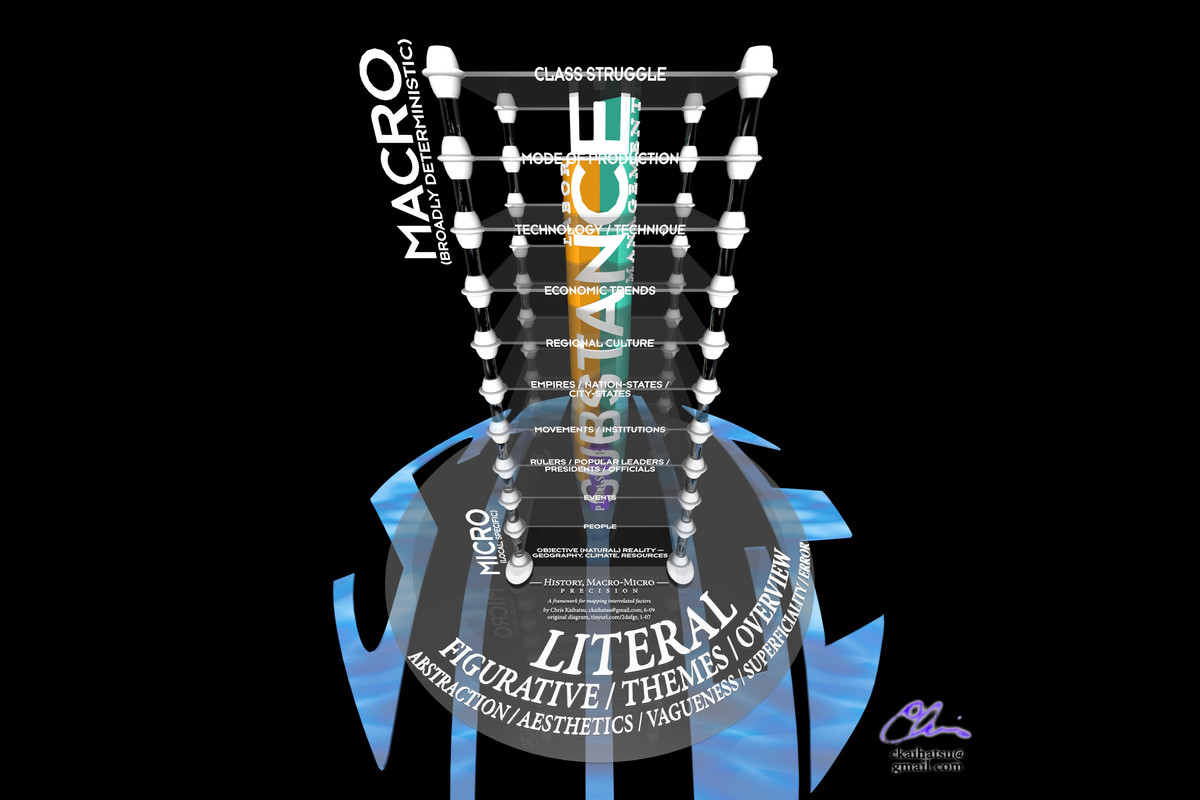
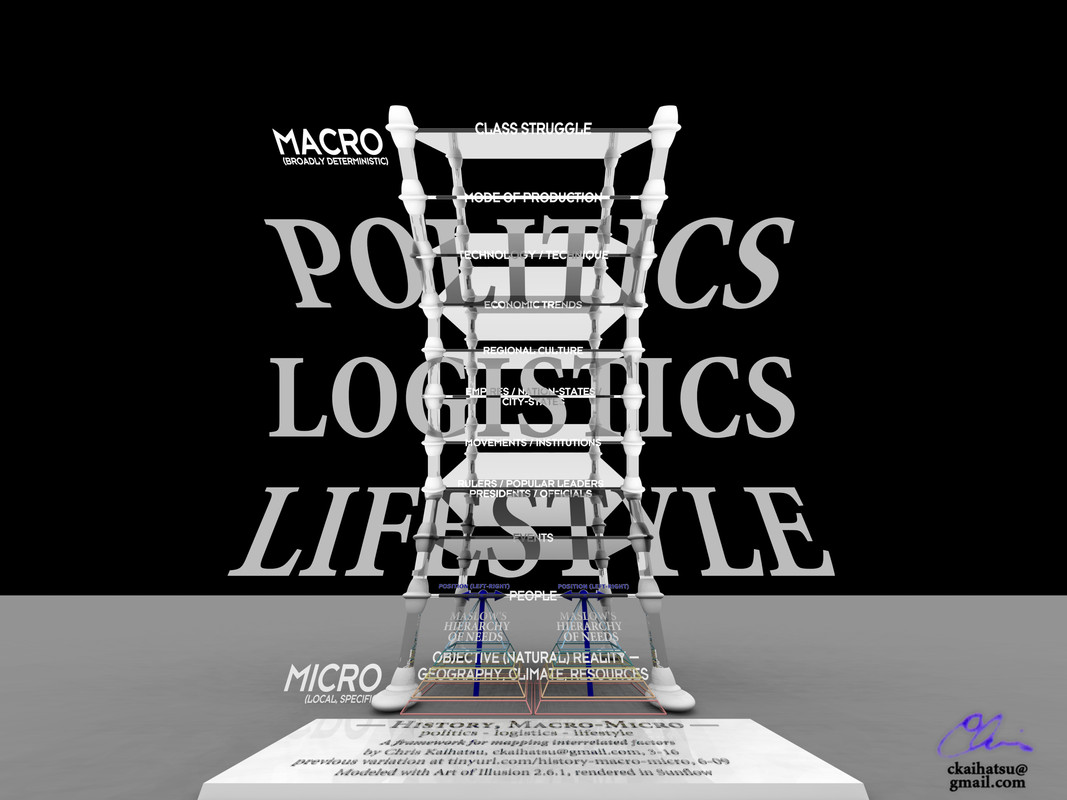
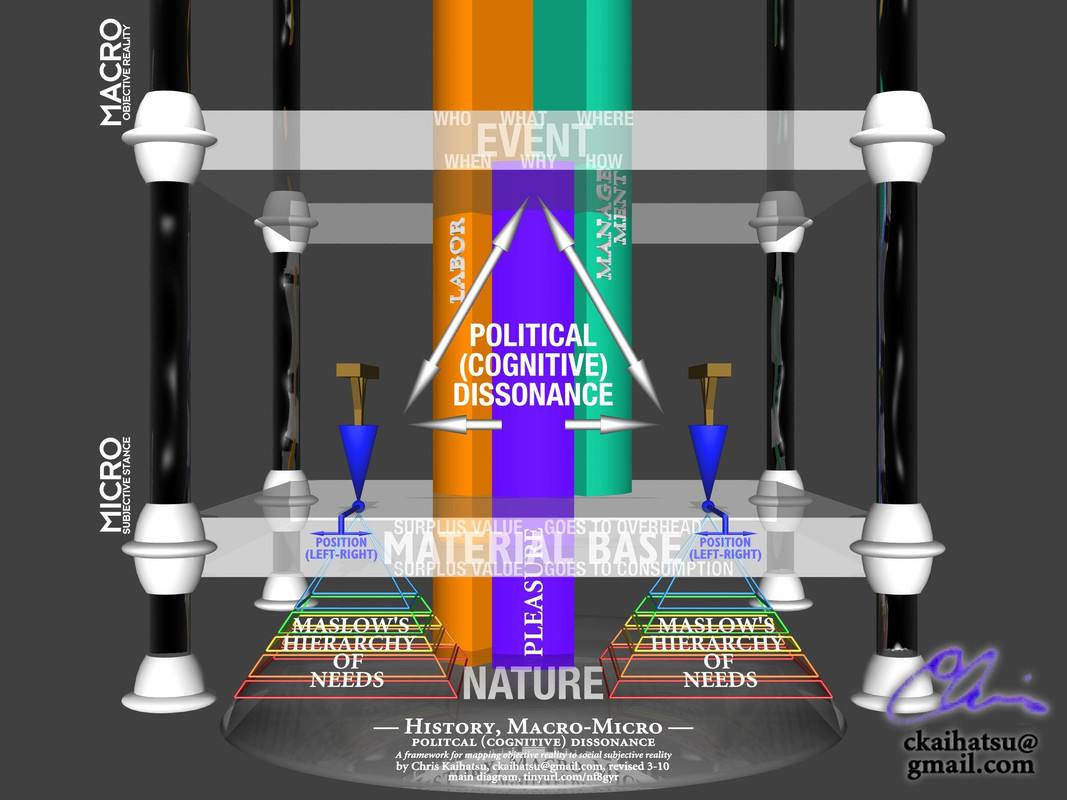
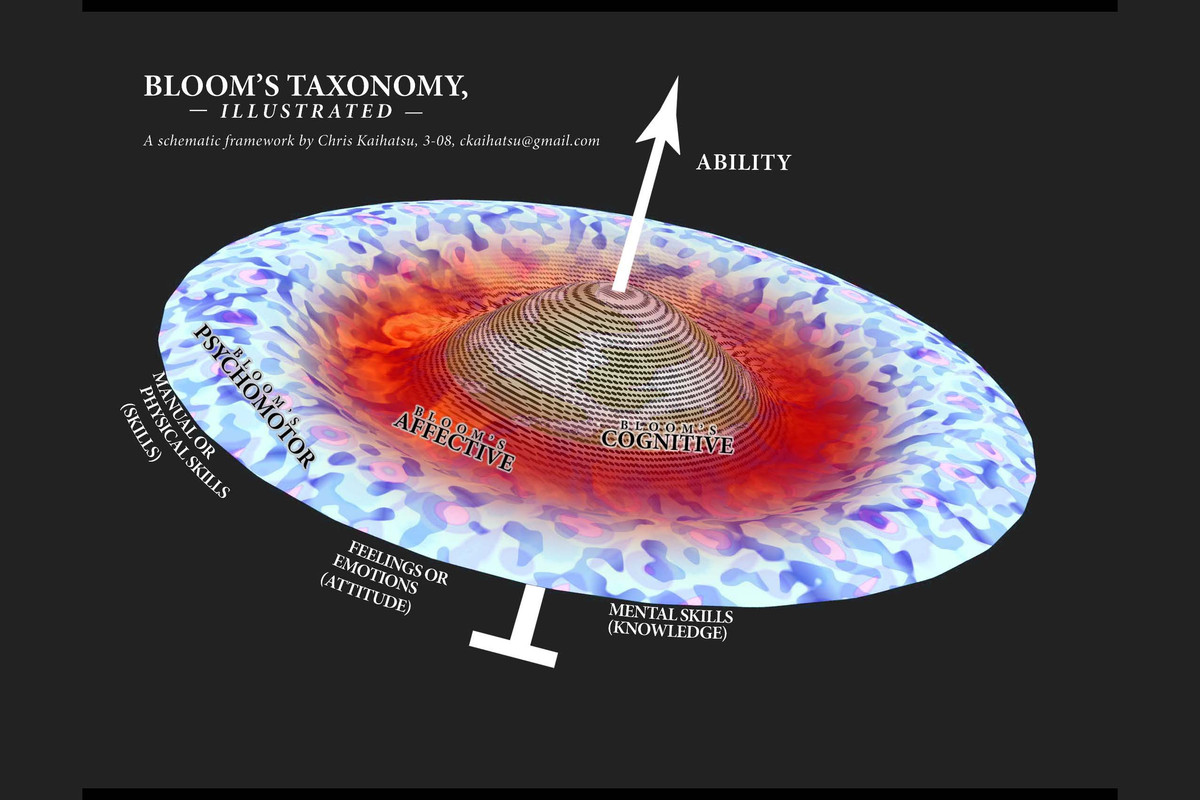


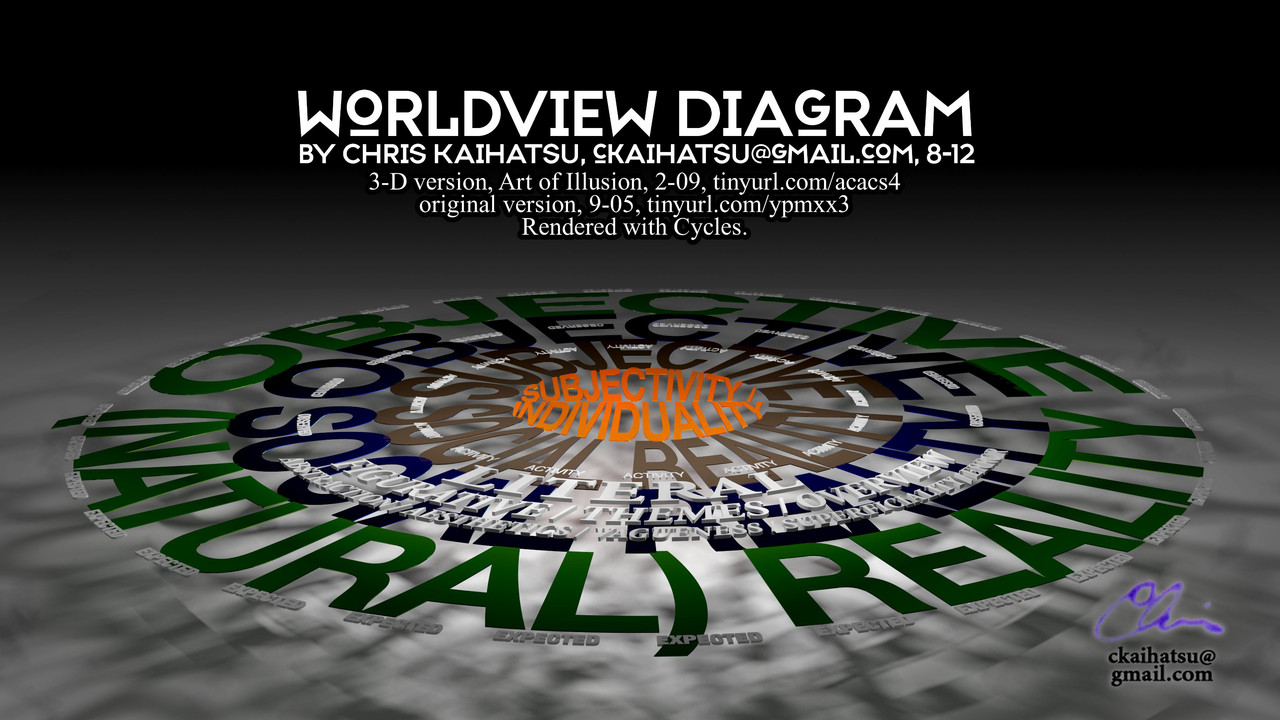
 - By late
- By late - By Tainari88
- By Tainari88